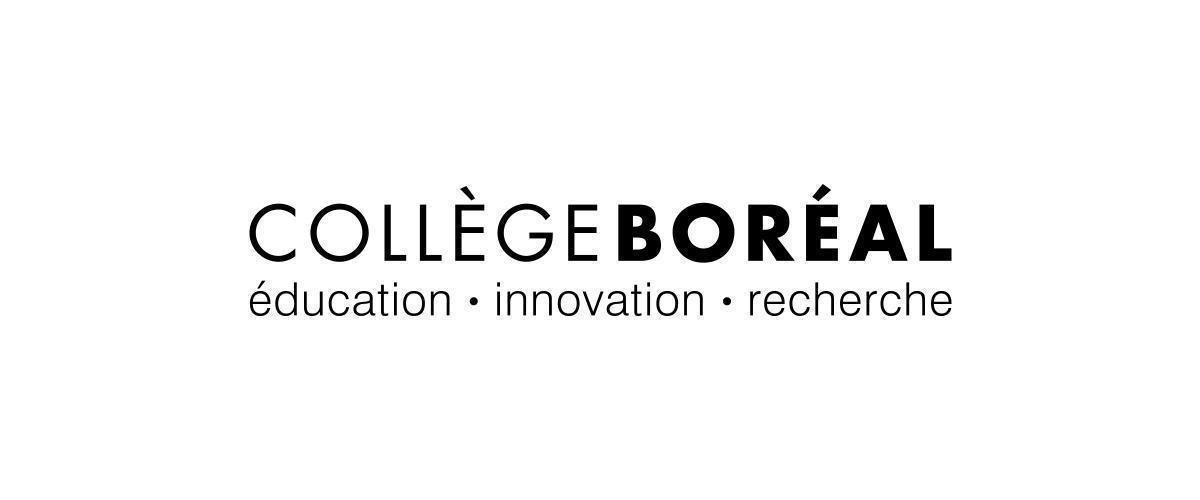Applied research project to mitigate the impact of COVID-19 on the early childhood education sector staff

The early childhood education sector in French Ontario has been hard hit by the COVID-19 crisis. Already undermined by the shortage of qualified Francophone workers, the sector now faces new challenges due to the professional isolation experienced by many members of the profession and concerns related to health and safety in the workplace.
Collège Boréal’s Social Innovation Centre for Children and Families, in partnership with the l’Association francophone à l’éducation des services à l’enfance de l’Ontario (AFÉSEO), are looking at addressing these challenges. Together, they launched a 12-month applied research project aiming at supporting the sector in the context of the COVID-19 pandemic and to help it prepare for potential similar crises in the future.
The project’s title translates as “Best practices for mitigating the negative impacts of social distancing in French Ontario’s early childhood education sector during the COVID-19 pandemic”. The project is fully funded by the Natural Sciences and Engineering Research Council of Canada through its College and Community Innovation Program – Applied Research Rapid Response to COVID-19.
Supporting professional well-being, engagement and retention in the early childhood sector
As the entire profession has indeed been affected, the project focuses mainly on the sector’s workers.
Having lost the social dimension of their profession, early childhood education workers are suddenly experiencing professional isolation. Many Francophones in a minority setting also experience cultural and linguistic isolation, as the workplace is often the individual’s only anchor to a francophone environment.
“In the early childhood sector, the transition to distance work also faces resistance because the available alternatives do not reflect the heart of the profession or its work culture, which leads to dissatisfaction, anxiety, burn-out and, in some cases, abandoning the profession”, said Josée Latulippe, manager of Collège Boréal’s Social Innovation Centre for Children and Families.
Evaluating the impact of virtual professional learning communities
By evaluating the professional learning communities (PLC) which support the professional development of early childhood educators and help the sector during the pandemic, the Collège Boréal/AFÉSEO research team aims to present by the winter of 2021 a number of innovative long-term solutions to bolster professional well-being, cultural involvement and staff retention, in order to ensure the sector’s stability in the aftermath of the pandemic.
The project’s findings will provide new data on the sector’s ability to adapt to the crisis thanks to innovative support mechanisms.
About Collège Boréal
Established in 1995, Collège Boréal is a French language post-secondary training and learning institution dedicated to the development and growth of communities throughout Ontario.
Collège Boréal offers comprehensive programs and services in seven campuses and 38 access centres located in 26 communities throughout the province. Since 1995, approximately 120,000 clients across Ontario have benefited from Collège Boréal’s expertise relating to post-secondary education, training programs, immigration and settlement services, and employment services. Collège Boréal has established over 120 articulation agreements with other post-secondary institutions.
According to the Key Performance Indicators recognized by the Ministry of Training, Colleges and Universities, Collège Boréal holds the top rank in two of the five areas surveyed: graduation rate, and, for a fourth consecutive year, student satisfaction. These results are proof that investing in human capital is Boréal’s strength.
Learn more
To find out more about Collège Boréal’s programs and services, please visit our website at www.collegeboreal.ca or follow us on Facebook and Twitter.
For further information:
Communications Office:
